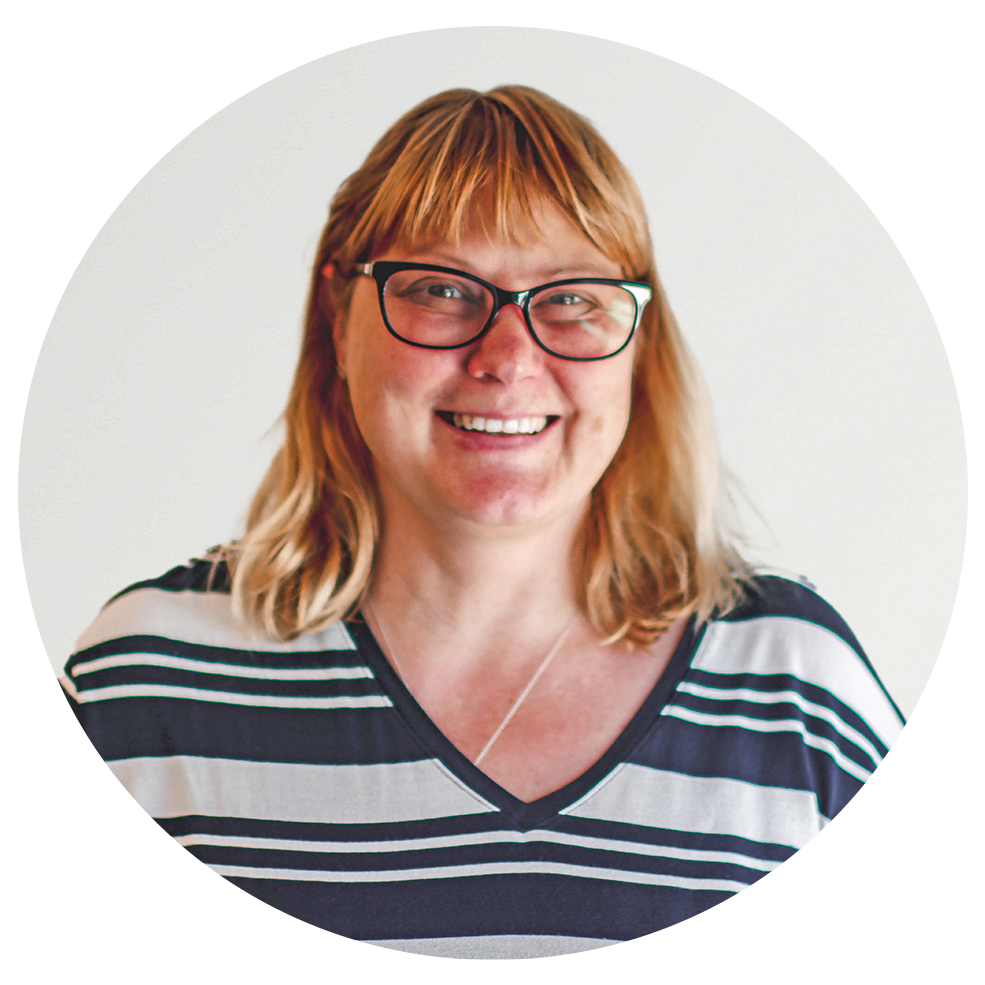MND: The essential contribution of Occupational Therapists
This three-part webinar discusses Motor Neurone Disease and how Occupational Therapists can make all the difference to people living with MND and their families.
Webinar Parts

How healthcare professionals can help with the management of MND focusing on Occupational Therapy
Part 2 of the MND care series

MND and the wider multi-professional team and how an OT can make an impact in the end stages of life.
MND and the wider multi-professional team and how an OT can make an impact in the end stages of life.
Learning Outcomes
- Be aware of different types of presentation of MND and why this is important in relation to intervention and outcomes
- Be aware of the considerations around diagnosis and prognosis
- Have an understanding of the pathology of MND and current medication options as treatment
- Have an understanding of the role of Genetics in MND
- Have an understanding of the range of signs and symptoms experienced by people living with MND
- Have an understanding of the context of therapy within the management of MND
- Become familiar with resources to support the practices of health care professionals in managing MND (NICE Guidelines for UK)
- Be aware of basic symptoms people living with MND are likely to experience
- Understand which areas of Occupational Therapy interventions are most relevant in the management of MND
- To be aware of the multidisciplinary team and the impact of good teamwork and communication on patient outcomes
- To be aware of the differences between multidisciplinary and interdisciplinary working and how this can impact OTs working with people living with MND
- Explore the role of OT in the end stages of life and planning for this for people living with MND
Meet our Experts

Jenny is a senior occupational therapist. She qualified in 1997 and completed her MSc in Neuro-rehabilitation in 2007. She has worked in Neurological Rehabilitation at the Battle Hospital in Reading, and the Rivermead Rehabilitation Centre in Oxford which became part of the Oxford Centre for Enablement in 2000. She moved into the Specialist Disability Service at the OCE from where she joined the Oxford MND Centre in January 2007.
Since August 2009 Jenny has been funded full-time by the Motor Neurone Disease (MND) Association to develop NHS wheelchair services across the UK, to improve wheelchair provision for people living with MND.
Useful resources
People who watched this also watched...
Remote assessments and occupational therapy: Legal framework and practical implications
This webinar explores the legal context of remote assessments in health and social care – that is, law relevant to the meeting of people’s needs, their safety and the safety of practitioners. The legal context will include: Care Act 2014, NHS Act 2006, Health and Safety at Work Act 1974 and associated regulations as well as the question of possible common law liability for negligence.
Integrating assistive technology and specialised seating
Discover the powerful synergy between assistive technology and specialised seating systems in this practical and informative webinar. Designed for therapists and carers, this session will demonstrate how integrating tools can greatly enhance mobility, communication, and independence for individuals with complex needs.
Using real-world examples and case studies, participants will learn how to choose and coordinate devices that work seamlessly together- without adding unnecessary complexity.
This webinar is ideal for therapists who are new to assistive technology as well as those experienced in seating provision who want to expand their skills in setting up environmental control or communication devices.
Bed standards and side rail provision – post the deadline
Following the recent popular webinar which addressed the MHRA alert on bed rails and we have decided to focus on how areas are implementing the actions set out in the National Safety Patient Alert.
Based on the feedback from the previous session we will concentrate on risk assessment around bed rails, bed levers and turning devices mentioned in the guidance.



